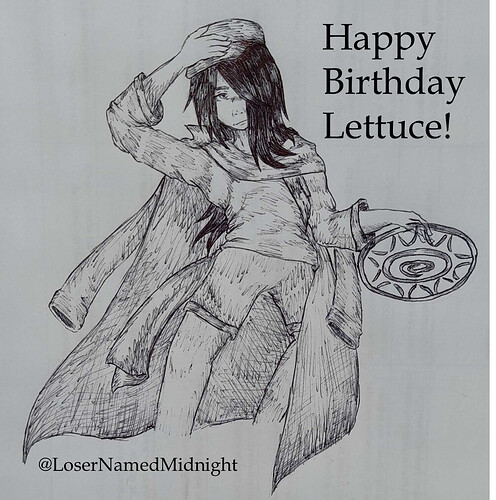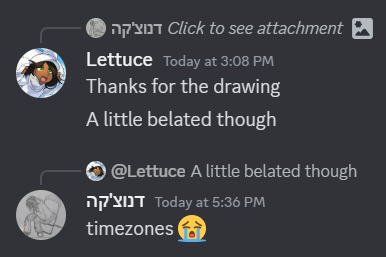Answer
A birthday, in its simplest essence, is the commemoration of the anniversary of an individual’s birth. Yet, its significance transcends mere chronological marking; it encapsulates multifaceted layers of cultural, social, psychological, and existential dimensions.
From a cultural standpoint, birthdays often serve as pivotal rites of passage, punctuating the passage of time and signifying transitions in one’s life. They are imbued with traditions, rituals, and customs that vary across societies, reflecting unique values, beliefs, and norms. These rituals may include celebratory gatherings, gift-giving, feasting, and the singing of traditional songs, all of which serve to reinforce social bonds and affirm collective identities.
On a social level, birthdays provide opportunities for individuals to be recognized, celebrated, and affirmed within their social networks. They serve as occasions for expressions of love, appreciation, and affection from family, friends, and colleagues, fostering a sense of belonging and interconnectedness. In this sense, birthdays become platforms for the reaffirmation of social ties and the cultivation of meaningful relationships, serving as moments of shared joy and solidarity.
Psychologically, birthdays can evoke a spectrum of emotions ranging from joy and excitement to introspection and contemplation. They prompt individuals to reflect on their past experiences, achievements, and milestones, as well as to contemplate their aspirations, goals, and hopes for the future. Moreover, birthdays may also evoke feelings of nostalgia, prompting individuals to revisit cherished memories and moments of significance, while also prompting introspective inquiries into personal growth, identity formation, and existential purpose.
Existentially, birthdays serve as reminders of the fundamental mysteries of life, confronting individuals with the inexorable passage of time and the transient nature of existence. They prompt existential inquiries into the nature of identity, the meaning of life, and the inevitability of mortality, inviting individuals to confront their mortality and contemplate the legacy they wish to leave behind. In this way, birthdays become occasions for existential reckoning, prompting individuals to confront profound questions about the nature of existence and the pursuit of meaning and fulfillment in life.
In essence, a birthday transcends its mere chronological significance, encompassing a rich tapestry of cultural, social, psychological, and existential dimensions. It is a celebration of life, a reflection of identity, and a testament to the interconnectedness of human experience, serving as a perennial reminder of the beauty, complexity, and fragility of existence.
![]()


